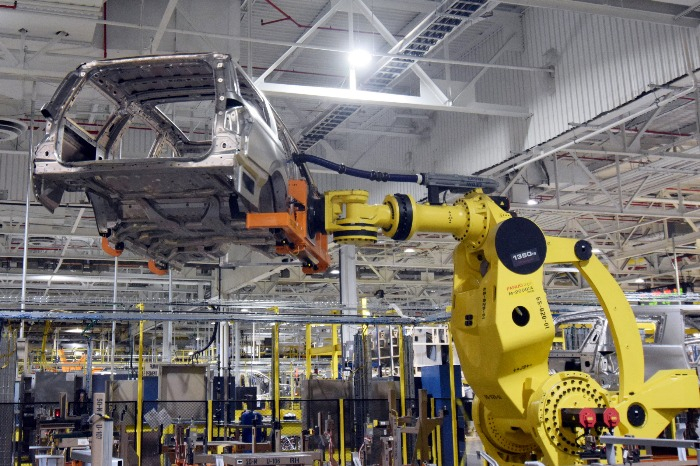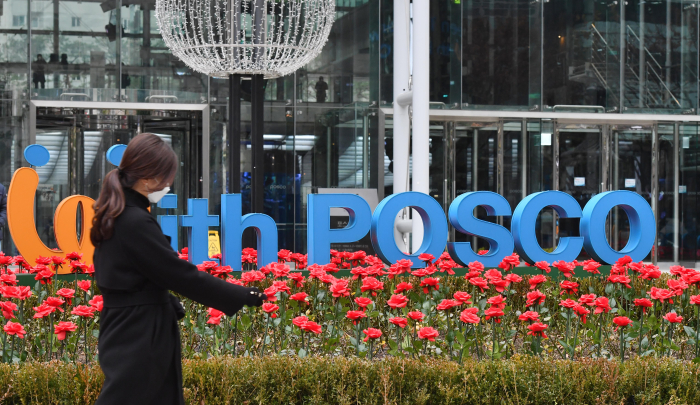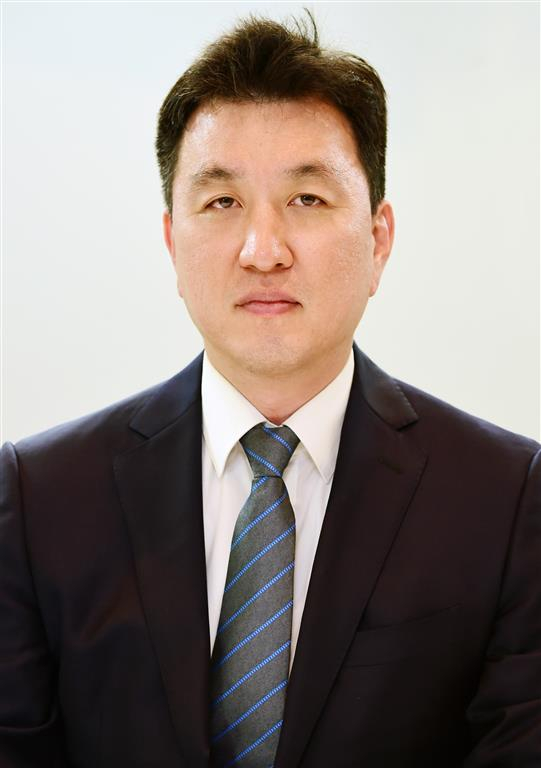The KED View
Five most common frustrations of Korean entrepreneurs
Business unfriendly regulations, hard-line labor unions and anti-corporate sentiment hinder job creation
By Oct 12, 2023 (Gmt+09:00)
2
Min read
Most Read
LG Chem to sell water filter business to Glenwood PE for $692 million


KT&G eyes overseas M&A after rejecting activist fund's offer


Kyobo Life poised to buy Japan’s SBI Group-owned savings bank


StockX in merger talks with Naver’s online reseller Kream


Meritz backs half of ex-manager’s $210 mn hedge fund



A South Korean company recently gave up on its plan to venture into the burgeoning robot market.
Fair-trade regulations that prohibit the creation of joint ventures between holding companies and subsidiaries have thwarted its ambition to nurture the robot business as a future growth engine.
“In developed countries like the US, Japan and Europe, there are no such regulations prohibiting joint investments between holding companies and their subsidiaries,” said an official of the Federation of Korean Industries.
The business lobby group has called for the elimination of the regulations but to no avail.
The aforementioned provision under the Fair Trade Act is one of the top five most common frustrations facing entrepreneurs in South Korea, alongside pro-union policies, populism, excessive inheritance taxes and anti-corporate sentiment.

Such rules apply to financial services companies as well.
They are denied the right to vote on companies not classed as financial and insurance firms. Therefore, they are not allowed to invest in credit rating companies, tax accounting firms and cryptocurrency exchanges under current regulations.
“There is no country in the world that legislates against the exercise of voting rights (except for Korea),” said Choi Jun-sun, an emeritus professor at Sungkyunkwan University Law School.
POPULISM
Populism and anti-corporate sentiment have also discouraged entrepreneurship.
An unidentified secondary battery materials company had been looking for a large industrial complex site to expand its facilities, but canceled the plan in the face of opposition from the local government, where it existing plants are located.

Militant labor unions and pro-union policies are holding back entrepreneurs as well. Their so-called habitual strikes in every spring and autumn were repeated to the extent that POSCO Holdings Inc., South Korea's steel giant, is being sent to the brink of its first-ever labor strike this year in its 55-year history.
Its unionized workers are demanding double-digit pay raises and improvement in welfare conditions.
The labor union of Kia Corp. is considering launching a strike, demanding that the automaker allow them to hand jobs to their children.

That is much higher than the Organization for Economic Co-operation and Development’s (OECD) 15% average.
Including a premium rate of 20% applied when the largest shareholder inherits the company, the tax rate shoots up to 60%, the highest among the OECD average.
Write to Jae-Fu Kim at hu@hankyung.com
Yeonhee Kim edited this article.
More to Read
-
 Foreign exchangeS.Korea to ease regulations for foreign investor in domestic market
Foreign exchangeS.Korea to ease regulations for foreign investor in domestic marketJun 08, 2023 (Gmt+09:00)
2 Min read -
 Korean SMEsEmployment, labor regulations most burdensome for small businesses
Korean SMEsEmployment, labor regulations most burdensome for small businessesDec 05, 2022 (Gmt+09:00)
1 Min read -
 Korean startupsKorean universities lag international peers in nurturing entrepreneurs
Korean startupsKorean universities lag international peers in nurturing entrepreneursNov 23, 2022 (Gmt+09:00)
2 Min read -
 Corporate governancePublic firms face tighter regulations on spinoffs and double listings
Corporate governancePublic firms face tighter regulations on spinoffs and double listingsMar 06, 2022 (Gmt+09:00)
4 Min read -
 Overseas expansionRegulations drive Naver to seek growth abroad
Overseas expansionRegulations drive Naver to seek growth abroadMar 10, 2021 (Gmt+09:00)
4 Min read
Comment 0
LOG IN


